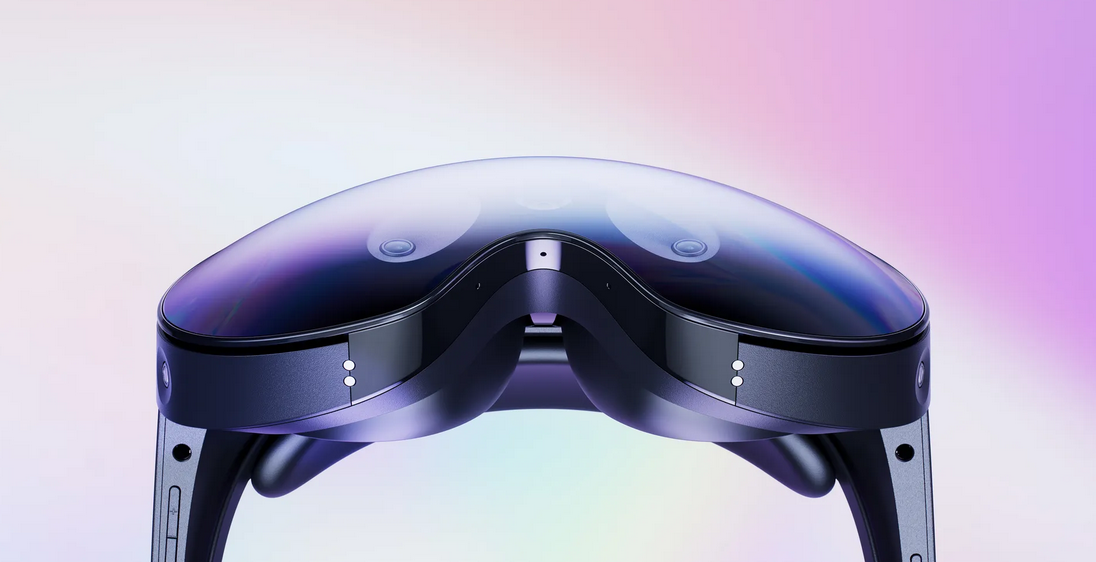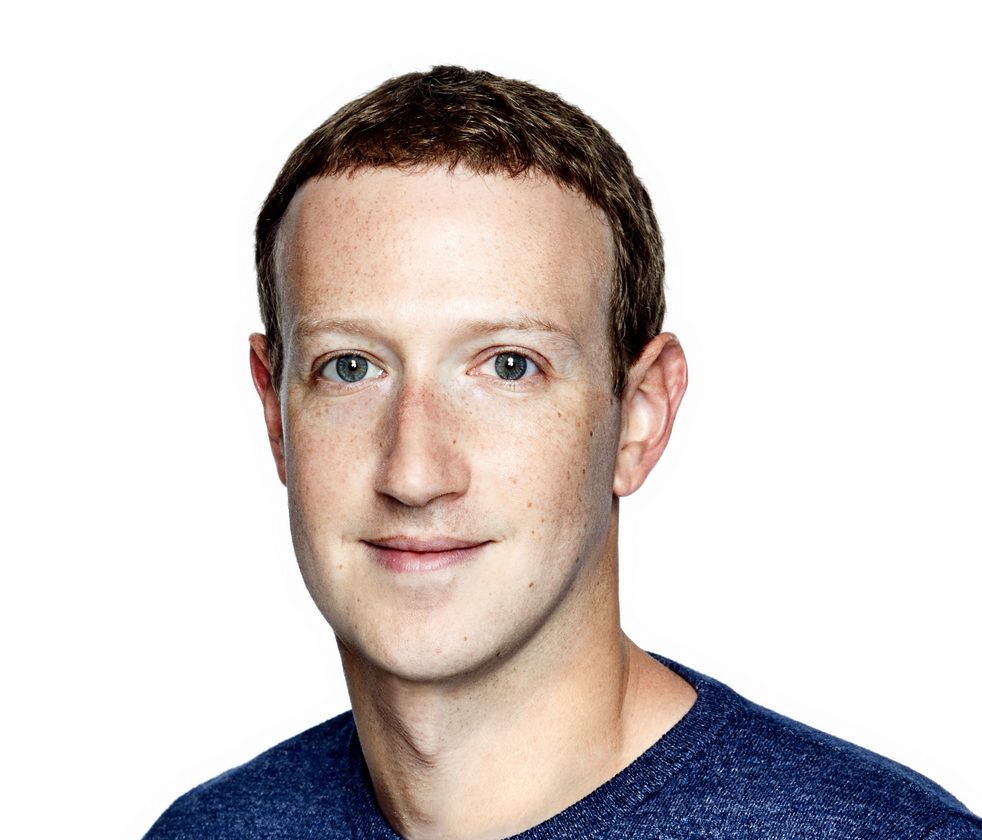At Meta Connect 2022 last week, Mark Zuckerberg took the virtual stage and talked about the huge progress we’ve made so far towards the vision of the metaverse with the virtual reality ecosystem booming and over $1.5 billion spent in the Meta Quest Store. It was only one year ago at the same event that Mark launched the metaverse.
Mark’s keynote speech centred mainly on the new high-end, virtual reality headset – the Meta Quest Pro – and what this headset will do for the metaverse. He also added information about some updates and partnerships in the work tech space.
But he also talked about the fact the virtual reality ecosystem is booming and to date – over $1.5 billion has been spent on games and apps in the Meta Quest Store. He said there is a whole range of new games and fitness experiences to come with the Avatar Store launching in virtual reality later this year.
You may remember Mark’s speech last year where he shared his vision for the metaverse. He said the metaverse is the “successor to the mobile internet — a set of interconnected digital spaces that lets you do things you can’t do in the physical world.” He added: “Importantly, it’ll be characterized by social presence, the feeling that you’re right there with another person, no matter where in the world you happen to be.”
Meta Quest Pro headsets
This year, Mark officially announced Meta Quest Pro VR headset as Meta’s first product in a new, high-end line of devices. The Meta Quest Pro headsets feature high-res sensors for strong, mixed reality experiences, crisp LCD displays, a completely new design look, plus eye tracking and Natural Facial Expressions to help your avatar reflect you more naturally in VR (virtual reality).

As Mark said in his keynote address: “This… is Meta Quest Pro. It’s the first in our new line of advanced headsets, built to expand what’s possible in VR. It takes what people love about Meta Quest 2 and adds a bunch of new technologies to help you do more in the metaverse. It’s made for collaboration and creativity, and with mixed reality built in, it lets you do things that haven’t been possible before. All in a beautiful design that’s comfortable to wear. Whether you’re looking to work in a new way, or you just want the very best experiences available today… this sets the standard.”

Mark continued saying: “So, the main reason that we’re in this space is that we think that VR can be very powerful for social connection and with the Quest Pro, we want to bring more of that into the work context as well, where Microsoft already has some incredibly successful products in the market.”
The Meta Quest Pro headsets will be available in Australia for $2,449.99. This includes the headset, Meta Quest Touch Pro controllers, stylus tips, partial light blockers and a charging dock. If you’re keen, you can go to meta’s website and pre-order yourself a pair, with global shipping starting from 25th October.
Meta work tools and partnerships
One of the strongest messages of the event was the fact the metaverse won’t be built by one company alone. Mark was joined by both Microsoft Chairman and CEO Satya Nadella, and Accenture Chair and CEO Julie Sweet, to share new partnerships which will accelerate the future of work.
Here’s some key points about how these partnerships will work:
- Detailing how Meta Quest Pro was built with work in mind, the partnership with Microsoft is intended to bring its productivity tools to Meta Quest devices and Meta work experiences.
- This includes Microsoft Teams immersive meeting experiences for Meta Quest, Microsoft Windows 365 for Meta Quest, Microsoft 365 app experiences for Quest, a Microsoft Teams/Workrooms integration, Meta Avatars in Microsoft Teams, and Microsoft Intune and Azure Active Directory support for Quest.
- The partnership with Accenture will help businesses adopt Meta’s hardware and software, integrated with Microsoft tech, so businesses can bring the future of work to their people sooner.
- Meta also announced that Quest for Business – its subscription bundle for Meta Quest 2 and Meta Quest Pro – which includes admin features like device and app management, will be coming next year.
- Meta also announced a series of new features for Horizon Workrooms, the VR space for teams to connect and collaborate. The new features include more expressive avatars, breakout groups with spatial audio, sticky notes for the whiteboard, a new stylus controller tip for clearer writing and a personal office for individual productivity where you can access large virtual screens and utilise the full-colour passthrough mode. Meta said that long-term, they hope to launch Magic Room – a Zoom integration and 3D model review.
Aussie developer, PHORIA creates world-first Mixed Reality software show on Meta QSimonuest Pro
In local news, the Melbourne-based studio – PHORIA – was selected by Meta to develop the world’s first web-based mixed reality experience, as part of Meta’s global developer programme at Connect.
As well, Spatial Fusion – a mixed reality experience space for the web – will act as a stepping stone for users to learn about and engage with Mixed Reality (MR). In comparison to VR – where users are transported into a completely different environment – Mixed Reality allows people to interact with experiences within their own space. For example, a person will now be able to see their living room through a headset and then drag in whatever they would like to add to that space.
Trent Clews de Castella, PHORIA CEO, said of this opportunity for PHORIA to develop the world’s first web-based mixed reality experience: “We are so excited by the possibilities that Mixed Reality and WebXR bring.”
“Developing programs for WebXR will allow people, anywhere in the world, to access immersive experiences instantly. We like to think that these new innovations are a natural progression in how the internet is transforming to become more immersive, interactive and real. The imagination and creativity shown by the developers at PHORIA and our key software partner LUSION located in Bristol, UK has been mind-blowing. We cannot wait for people to start using Spatial Fusion and other Mixed Reality programs in their everyday lives. This new technology will bring communities together, allow for new storytelling capabilities and best of all be accessible across multiple devices and platforms, including the amazing new Meta Quest Pro,” he added.
Trent continued saying: “Brands utilising the visual conceptualisations that Mixed Reality offers will be able to provide real-life experience to their buyers. Fashion designers could show off their clothes in 3D walking down a hallway at someone’s home, chefs will be able to host cooking classes in people’s kitchens and interior designers/ builders will be able to offer design ideas for people’s homes without physically being there. The opportunities for creators and developers to concept, build and create in Mixed Reality has the potential to transform how we live and work. We believe that Mixed Reality will help drive more informed decision-making, and collaboration and ultimately connect people with brands and experiences from all around the world, not just those that are in your city.”
For more from Women Love Tech on the Metaverse, visit here.





